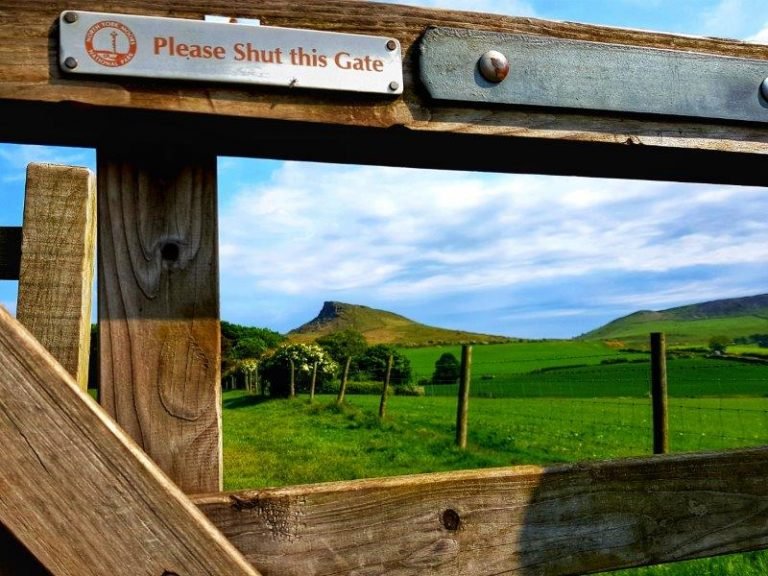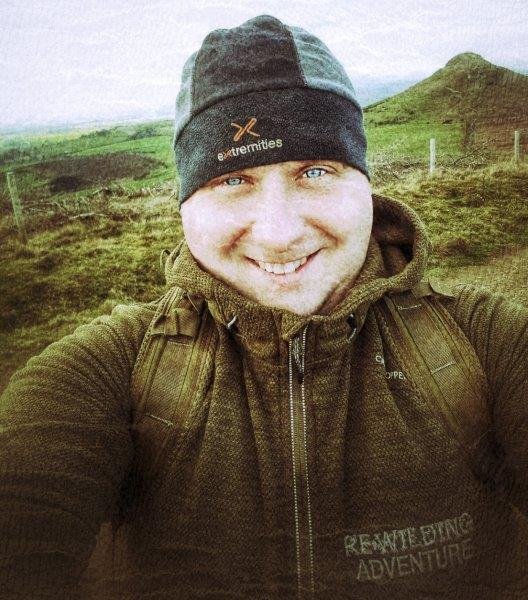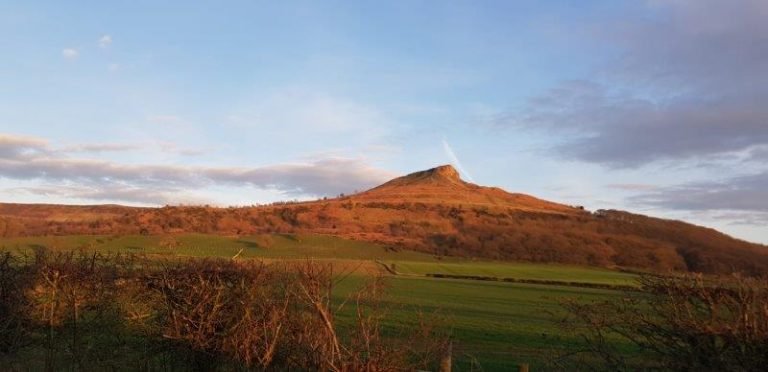Weathering the responsibility: when is it the right decision…
Like many occupations, making decisions is a common part of an Outdoor Practitioner’s role. Given the recent windy and wet weather- especially with us having three storms in three weeks- has meant that we’ve had to make decisions to cancel, postpone, amend or curtail activities, including Home Education Forest School sessions, a Stag Do, one dark skies evening, two birthday parties, an expedition weekend with Foundation Degree students and just today with a paddling trip.

The process and considerations of making a decision is one thing, as well as the myriad of influences that act upon us- but how do we know if it was the right decision? Or more specifically, is it the wrong decision if someone wouldn’t have got hurt after all? If only one branch has fallen in the woodland- and it is unlikely to have caused an injury- is it still the right decision?
On reflection, the decisions that have been made have all be done for safety reasons- flooding presenting a risk of a child falling into the river and not been able to get out; high winds causing branches to fall presenting a risk of injury, wind speed being too strong to safely canoe in. The exception for recent decisions is the comfort of participants and the outcome they wanted not being possible- and that was last week when we cancelled a dark skies walk at Blakey Ridge due to snow, cloud cover and windchill- meaning it would be cold and almost pointless to go and look for stars!
Making these decisions has a big impact- we absolutely do not want to cause inconvenience to anyone coming to undertake an activity- especially, if it’s something like a birthday party or stag do- with limited opportunity to make alternative arrangements and who have possibly also paid for accommodation, traveled quite a distance or have 12 children arriving!
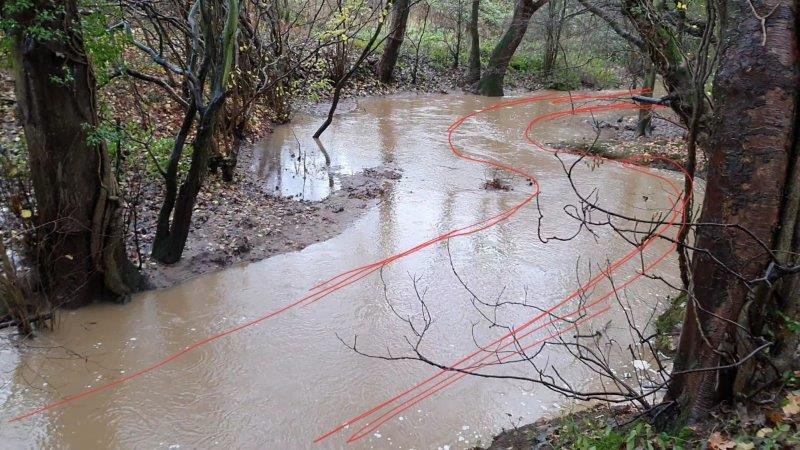
Using evidence seems to assist in communicating these decisions; when we cancelled a Home Education Forest School session before Christmas, we used videos of the stream, as well as a narrative to explain why; without doubt- there was some loaded language in there to illustrate concerns, as well as a still image of where the river usually is compared to where it actually was! That said- could a warning have been given tot he children not to go near the river? If there was done- would there have been no issues? That’s a finger in the air type question, or one for regretful hindsight; ultimately, the decisions rest on the information available at the time.

The nature of weather is that the forecast can change, either worsen or improve- so sometimes we have to make emergent and time-bound decisions- one or two days prior to a planned event- a recent stag do for example- only for wind speed to drop, or, for there being very little evidence of any debris falling from the forest canopy. There’s no wind speed threshold where we leave the forest- it is often don to considering the available information and then judgement- for example- the first high winds of the winter presents a more significant risk than the third Storm in Three weeks! Generally speaking through- we are paying attention to the wind speed when it’s forecast to gust mid 30s (miles per hour) and into the 40s; and almost certainly now where to be seen when it’s hitting 50mph. Whereas British Canoeing explicitly include windspeeds in remits for a variety of qualifications; therefore, to proceed is just not possible. For example, Force 4 (on the Beaufort Scale) for Canoe Leaders.
Getting back the earlier question asked earlier- is it the wrong decision if no one would have been hurt? Absolutely not. If I return to the forest and there’s no debris from gale force winds, and I’ve made the decision to cancel something that in hindsight could have gone ahead- I’m not going to beat myself up about it. If at the time of making the decision, the available information and my judgement suggested it was unsafe to proceed- then I’m happy with that. Other times- there’s huge logs that have landed close to the camps- and would have caused significant injury, if not fatality, if someone was stood underneath them!
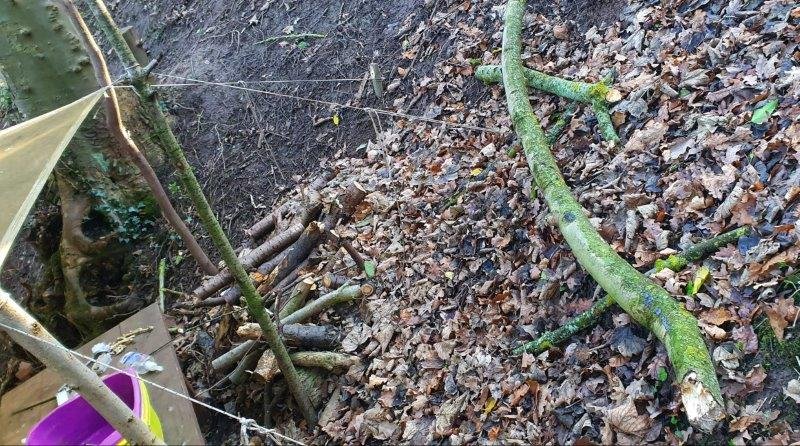
Ultimately, I’m resolved that:
“the absence of an adverse outcome does not equal the wrong decision “
What are your thoughts? Have you been affected by one of the cancellations? How would you feel if we had to cancel an event you’d planned? Would love to hear your thoughts in the comments below!
Morgan.


